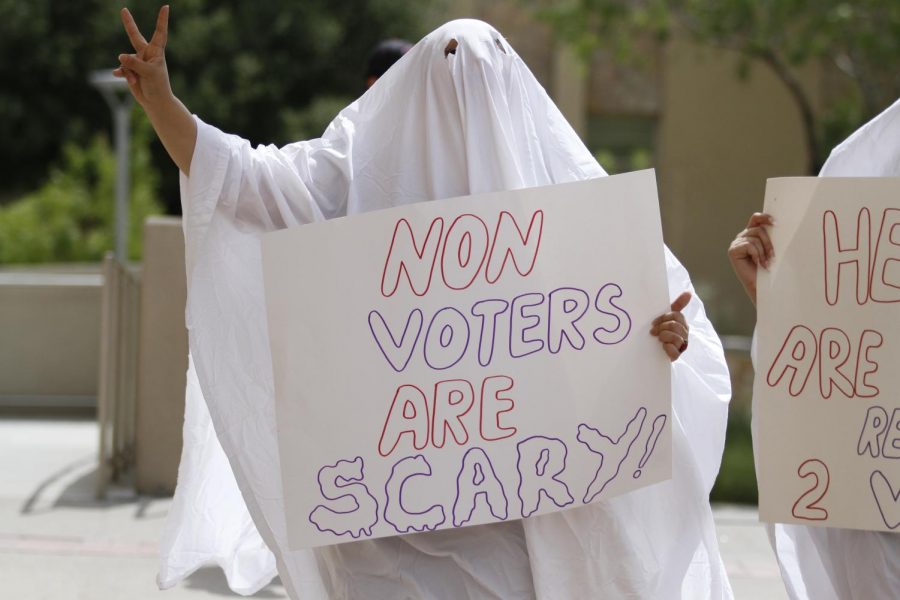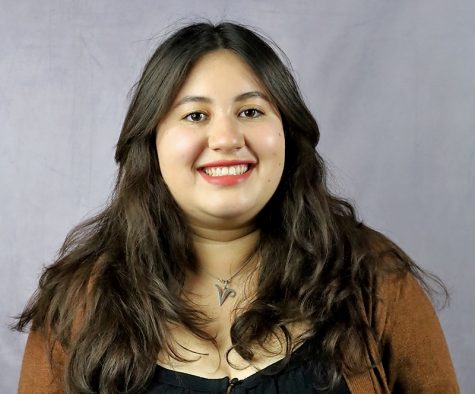Texas Governor Greg Abbott signed the voting bill, SB1, into law Sept. 7, despite various quorum walkouts by Democrats.
The new law limits voting options, including overnight and drive-thru voting initiatives used by voters of color in the past presidential elections.
“Proud to sign Senate Bill 1 into law, which will uphold the integrity of our elections in Texas,” said Abbott via Twitter.
In July, over 50 Democrats in the Texas State Legislature traveled to Washington, D.C., to deprive the Legislature of a quorum and block the controversial bill.
“We will not stand by, and witness Republicans silence the voice of hard-working Texans. Texas Senate Democrats are committed to ensuring our elections are free, fair, and accessible for every Texan,” said Texas Senate Democrats in a press release.
Gov. Abbott called two special legislative sessions amid the walkouts and threatened to arrest the Democrats upon their return.
Texas Democrats made a similar move during their regular legislative session in May, which ended a similar bill to SB1 by staging an 11-hour walkout to break quorum.
“[We] decided to take matters into our own hands in order to secure the voting rights of Texans, especially voters of color, seniors, and those with disabilities,” said Texas Senate Democrats.
The new law also increases criminal penalties for voting mistakes. It grants more authority to partisan poll watchers at voting sites and implements further restrictions for mail-in voting.
“Some people don’t have the resources to go and vote, and these options offered in past elections facilitate the voting process and allows them to be heard,” said Mirella Martinez, a UTEP marketing student.
Texas joins 18 other states, including Florida, Georgia, and Iowa, who have enacted new restrictive voting laws in 2021, according to a tally by a Brennan Center for Justice.
“The new voting law in Texas signed by Gov. Abbott is one of the most restrictive in the nation,” said Vice President Kamala Harris via Twitter. “The bill limits the options that enabled a historic number of Texans, especially citizens of color, to vote safely in our last election.”
Former President Donald Trump claims there was voter fraud in the 2020 elections and blames his loss to voting initiatives by counties like Harris County.
“This law will make it easier to vote and harder to cheat in the Lone Star State,” said Abbott via Twitter.
Michael Gallardo, 20, a UTEP business student, believes SB1 directly affects Texans’ voting rights and limits opportunities for minority groups.
“It is our right to vote, and not everybody has easy access to get up and go to the polls at certain locations. For those individuals, Gov. Abbott took away their easy access and limited their rights,” Gallardo said.
Several lawsuits have been filed since SB1 was signed into law, including a lawsuit by Voto Latino, Texas Alliance for Retired Americans, and Texas American Federation of Teachers.
“Not only are we filing suit to protect the right to vote for all people of color, and the additional 250,000 young Latino Tejanos who will reach voting age in 2022, but to protect every Texan’s right to vote,” said Maria Teresa Kumar, CEO of Voto Latino in a press release. “A thriving, healthy democracy demands maximum participation by all eligible voters. It’s time lawmakers stop the assault on voting rights and instead compete for our votes with ideas.”
President Joe Biden said the new Texas voting law is an “assault” on democracy, and he assured his administration would work to protect citizens voting rights.
“Voting should be accessible; it is a right that we have as Americans,” said Gallardo.
Victoria Rivas may be reached at [email protected]; @VicRivas_18 on Twitter.













